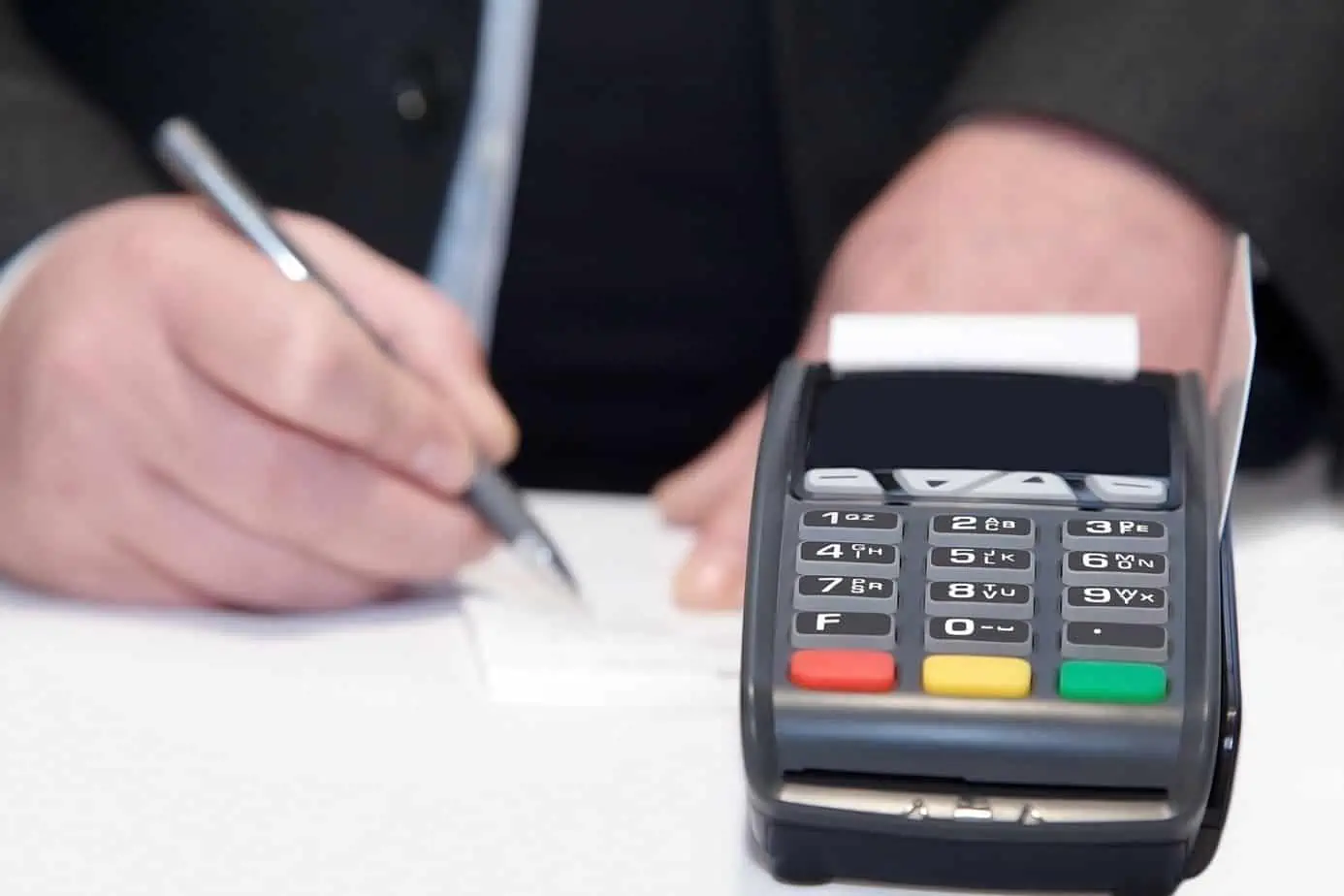Today the Official Merchant Services Blog takes us to Australian and covers a topic that the big card brands are pushing as a needed security measure in the credit card processing industry. A recent push by Visa and MasterCard is aimed at increasing the percentage of transactions that are verified by PIN to 90 percent. This reduction in the amount of payments backed by a signature is an attempt to lower the amount of fraud by millions of dollars caused by stolen and otherwise compromised cards.
How Easy it Can be to Forge a Signature
Visa and MasterCard are pushing for this change because of how easy it can be to forge a signature and the lack of employees double-checking signatures against identification. The target date for banning signature based transactions is June 30, 2014. The bar is set at 90 percent as the other 10 percent of transactions do not require signatures. Currently, around 45 percent of transactions are signed for.
Some objections that small business owners have raised to eliminating signature verification is the need to install additional PIN pads or have the customer come to a POS terminal in order to pay as opposed to just leaving a slip at the table. These changes and upgrades would be an increased cost on the merchant and some are worried that smaller businesses might not be able to shoulder this extra expense.
The proponents of this change state that “it is much more difficult for a fraud perpetrator to ascertain a PIN than to forge a signature”. They also reference data from a similar measure taken in Great Britain in 2006 that saw fraud on stolen cards “decline substantially”.
Opponents of the measure say that the costs to businesses are not justified by the potential decrease in fraud through this avenue and efforts could be focused elsewhere to see more substantial gains against fraud. According to a report on 2012, forged signatures accounted to for around $23.5 million on Australian cards. Whereas skimming and card-not-present fraud accounted for ten times that amount or $235 million.
No matter what the outcome of this proposal is, I think that everyone can agree that reducing fraud in merchant services is a top priority for all parties involved in the process. And as we see different markets such as Britain and Australia adopting different methods to try and combat fraudulent transactions it may be a glimpse into the future of what could eventually make its way to the U.S.

